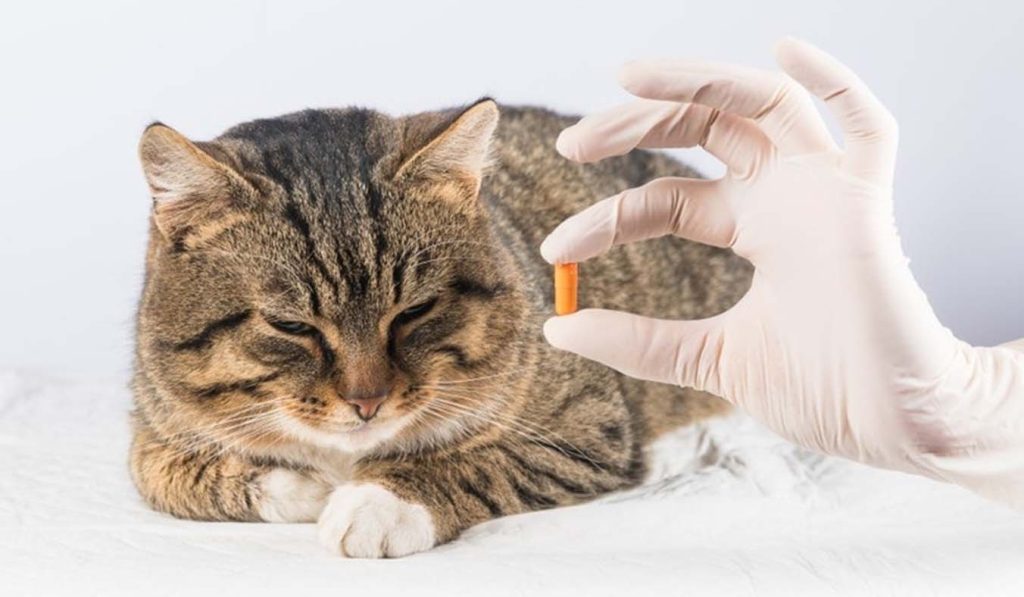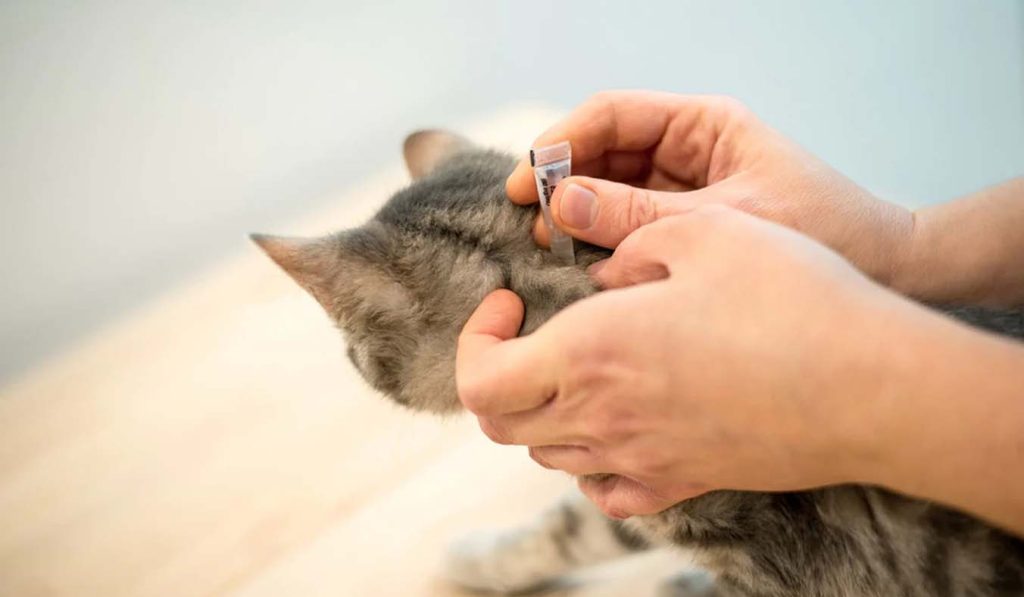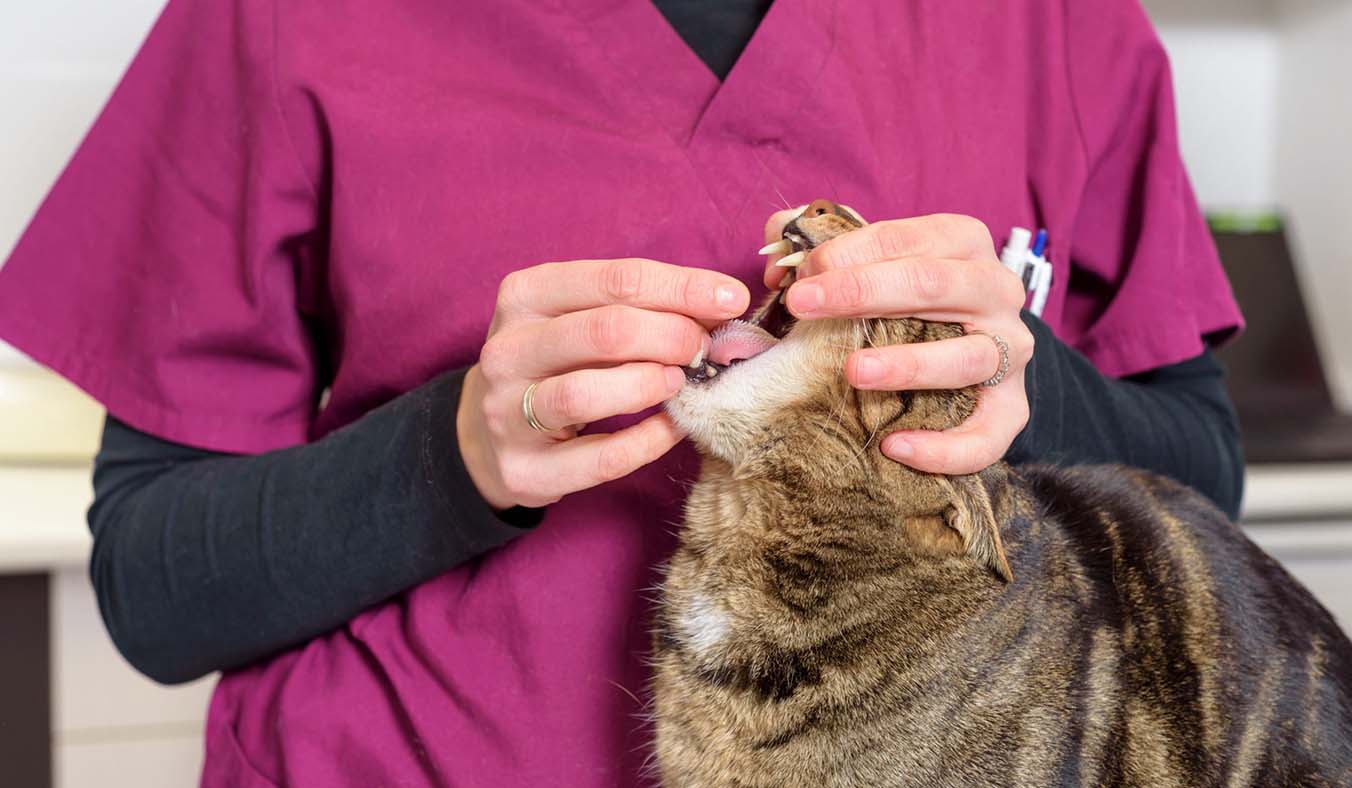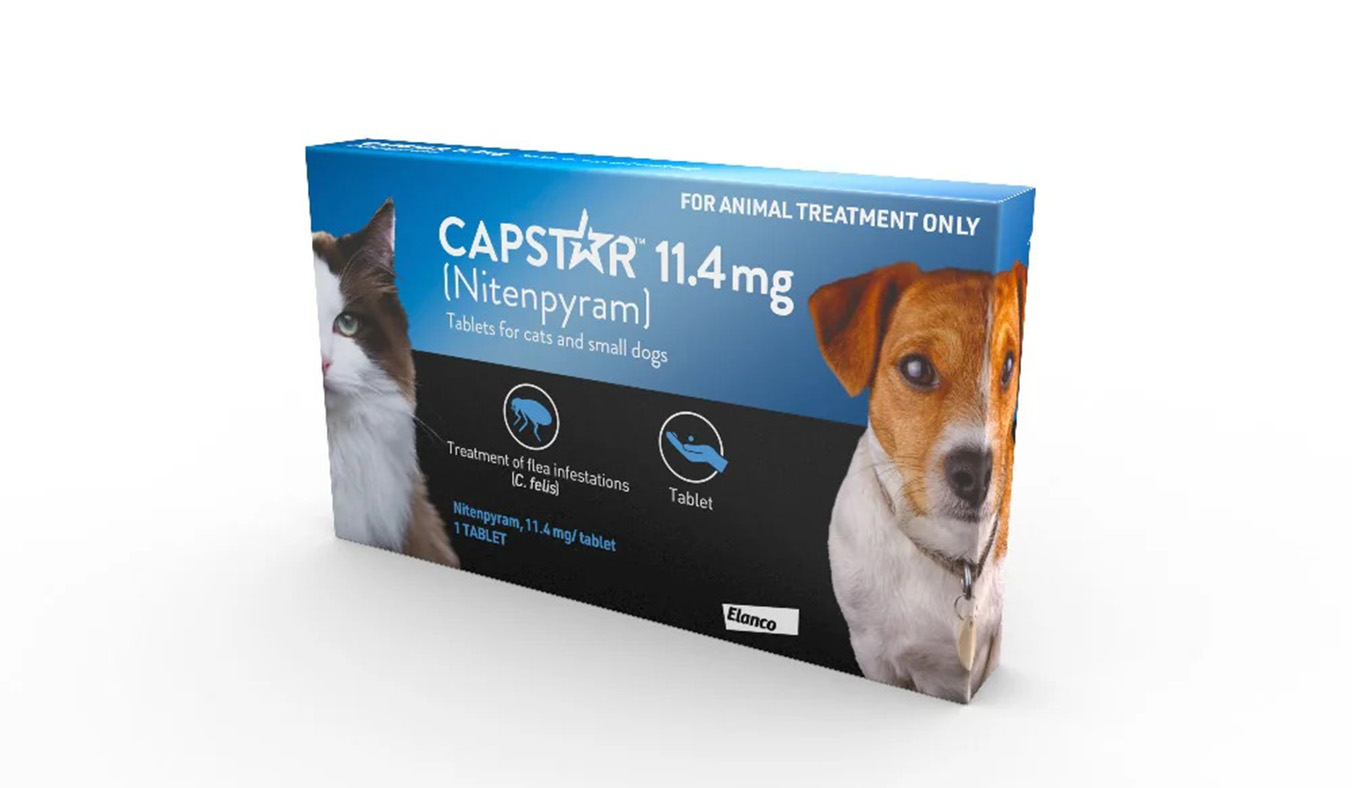There has encountered numerous issues concerning the health and well-being of our beloved furry friends. One topic that demands attention is the presence of parasites in kittens, which can pose serious health risks if left untreated.
Types of Internal Parasites in Kittens:
- Roundworms (Toxocara cati): Roundworms, scientifically known as Toxocara cati, are prevalent intestinal parasites among kittens. They commonly infect kittens through various routes, including ingestion of their mother’s milk containing larval stages or through the ingestion of contaminated feces or prey. Once inside the kitten’s digestive tract, roundworms can lead to a spectrum of symptoms, including poor growth, diarrhea, vomiting, and a distended abdomen, giving kittens a potbellied appearance.
- Tapeworms (Dipylidium caninum): Tapeworms, scientifically referred to as Dipylidium caninum, are transmitted to kittens primarily through the ingestion of fleas or infected prey, such as rodents. Upon ingestion, tapeworm eggs hatch in the kitten’s intestines, where they attach themselves to the intestinal walls using hook-like structures. These parasites can cause irritation, leading to symptoms such as mild to severe weight loss and the presence of small, rice-like segments of the worm visible in the kitten’s feces or around the anus.
- Hookworms (Ancylostoma spp.): Hookworms, belonging to the genus Ancylostoma, are another common internal parasite affecting kittens. These parasites have the ability to penetrate the skin of kittens, particularly through the paw pads, or they can be ingested through contaminated soil. Once inside the kitten’s body, hookworms attach to the lining of the intestinal wall and feed on blood, which can result in anemia, weakness, poor growth, and the presence of dark, tarry stools due to the blood loss.
Understanding the specific types of internal parasites that can afflict kittens is crucial for early detection and prompt treatment to ensure the health and well-being of these vulnerable animals. Regular veterinary check-ups and preventative measures, such as deworming protocols, are essential components of responsible kitten care.
Types of External Parasites in Kittens:

- Fleas (Ctenocephalides felis): Fleas, scientifically known as Ctenocephalides felis, are a persistent annoyance for kittens and a common concern for pet owners. These tiny, blood-sucking parasites infest the fur and skin of kittens, causing intense itching, scratching, and discomfort. Flea bites can lead to skin irritation, hair loss, and the formation of flea allergy dermatitis in sensitive kittens. Moreover, severe flea infestations, if left untreated, can result in significant blood loss, leading to anemia, particularly in young or small kittens.
- Ear Mites (Otodectes cynotis): Ear mites, scientifically referred to as Otodectes cynotis, are highly contagious parasites that take up residence within the ear canals of kittens. These microscopic mites thrive in the warm and moist environment of the ear canal, where they feed on ear wax and skin debris. Infestations of ear mites can cause considerable discomfort for kittens, manifesting in symptoms such as frequent head shaking, vigorous scratching at the ears, and the accumulation of dark, crumbly discharge resembling coffee grounds. Additionally, ear mite infestations often lead to inflammation and irritation of the ear canal, further exacerbating the kitten’s discomfort.
Understanding the specific types of external parasites that can afflict kittens is essential for maintaining their health and well-being. Prompt identification and treatment of external parasite infestations are crucial to alleviate discomfort and prevent complications. Regular grooming, flea control measures, and routine veterinary care are integral components of effective parasite prevention strategies for kittens.
Symptoms of Parasite Infestation in Kittens:
- Diarrhea or Constipation: Parasite infestations in kittens can disrupt their gastrointestinal system, leading to episodes of diarrhea or constipation. Diarrhea may be accompanied by loose, watery stools, while constipation can result in infrequent or difficult bowel movements.
- Vomiting: Kittens with parasitic infections may experience vomiting as a result of gastrointestinal irritation or inflammation caused by the parasites. Vomiting may occur sporadically or persistently and may contain undigested food or bile.
- Poor Appetite or Weight Loss: Parasite-infected kittens may exhibit a decreased appetite or reluctance to eat, leading to weight loss or failure to thrive. The presence of parasites can interfere with nutrient absorption in the intestines, contributing to nutritional deficiencies and poor growth.
- Lethargy: Infested kittens may appear lethargic or listless, lacking their usual energy and enthusiasm for play and exploration. Lethargy can be a sign of underlying illness or weakness resulting from the parasite’s drain on the kitten’s resources.
- Potbellied Appearance: Certain internal parasites, such as roundworms, can cause a potbellied appearance in kittens due to the accumulation of worms in the intestinal tract. This distension of the abdomen may be more noticeable after feeding or may persistently affect the kitten’s silhouette.
- Visible Worms in Feces or Around the Anus: In cases of heavy parasite infestation, kittens may pass visible worms in their feces or notice them around the anus. Roundworms and tapeworms are commonly observed parasites in the feces or on the fur around the kitten’s hindquarters.
- Itching, Scratching, or Excessive Grooming: External parasites such as fleas and ear mites can cause intense itching and discomfort for kittens, leading to excessive scratching, biting, or grooming behavior. Kittens may exhibit restlessness or agitation as they attempt to alleviate their discomfort.
- Hair Loss or Irritated Skin: Parasite-infested kittens may develop hair loss, redness, or inflammation of the skin as a result of scratching or biting at affected areas. Flea bites can cause allergic reactions or hypersensitivity, resulting in a condition known as flea allergy dermatitis.
- Dark Discharge from the Ears: Infestations of ear mites can lead to the accumulation of dark, crumbly discharge resembling coffee grounds within the ear canals of kittens. This discharge may be accompanied by foul odor, inflammation, or discomfort, prompting the kitten to shake or scratch at their ears.
Recognizing the diverse array of symptoms associated with parasite infestations in kittens is essential for early detection and intervention. Prompt veterinary evaluation and treatment are necessary to alleviate the kitten’s discomfort, address underlying health issues, and prevent complications associated with parasitic infections.
Treatment of Parasites in Kittens:

Ensuring the health and well-being of kittens requires diligent attention to the treatment of parasitic infestations under the guidance of a qualified veterinarian. Here are specific and comprehensive treatment options for various parasitic infections in kittens:
- Anthelmintic Medications: Deworming medications are the cornerstone of treatment for internal parasitic infections in kittens. These medications, available in various formulations such as oral suspensions or tablets, are specifically designed to target and eliminate common intestinal parasites like roundworms, tapeworms, and hookworms. Veterinarians prescribe anthelmintic medications based on the type and severity of the infestation, and treatment may involve multiple doses administered over several weeks to ensure complete eradication of the parasites.
- Topical or Oral Flea Treatments: Flea infestations can be effectively managed through the use of topical or oral flea control products. Topical treatments, such as spot-on formulations, are applied directly to the kitten’s skin, usually between the shoulder blades, where they quickly spread to cover the entire body and kill fleas on contact. Oral flea medications, available in chewable tablets or flavored formulations, are ingested by the kitten and work systemically to eliminate fleas throughout their life cycle. Additionally, flea collars infused with insecticides can provide long-lasting protection against fleas. Regular application or administration of flea control products is essential to prevent reinfestation and maintain the kitten’s comfort and well-being.
- Ear Mite Treatments: Infestations of ear mites require targeted treatment to eliminate the parasites and alleviate associated symptoms. Veterinarians typically prescribe topical ear medications containing acaricides, which are specifically formulated to kill ear mites and soothe inflammation within the ear canal. These medications may be administered directly into the ear canal using a dropper or applicator, and treatment may need to be repeated at regular intervals to ensure complete eradication of the mites. Additionally, veterinarians may recommend ear cleaning solutions to remove excess wax and debris, facilitating the effectiveness of the ear mite treatment.
- Environmental Management: To prevent reinfestation and minimize the risk of parasitic infections in kittens, thorough environmental management is essential. This includes regularly cleaning and disinfecting the kitten’s living environment, including bedding, carpets, furniture, and other areas where parasites may be present. Vacuuming the home frequently helps to remove flea eggs, larvae, and pupae from carpets and upholstery, while washing bedding and other fabric items in hot water kills parasites and their eggs. Additionally, using flea control products such as sprays or foggers can help to eliminate any remaining parasites in the environment. Outdoor areas frequented by the kitten should also be treated for parasites, and precautions should be taken to prevent exposure to potential sources of infestation.
By following these comprehensive treatment measures under the guidance of a veterinarian, pet owners can effectively manage parasitic infestations in kittens and ensure their continued health and well-being. Additionally, regular veterinary check-ups and preventive measures, such as parasite screening and vaccination, are essential components of responsible kitten care to safeguard against future parasitic infections.
Parasites pose a significant health risk to kittens and require prompt intervention to prevent complications. By familiarizing yourself with the common types of parasites and their associated symptoms, you can take proactive measures to safeguard your kitten’s health and well-being. Always seek guidance from a veterinarian for proper diagnosis and treatment tailored to your kitten’s specific needs. Remember, a healthy kitten is a happy kitten!



